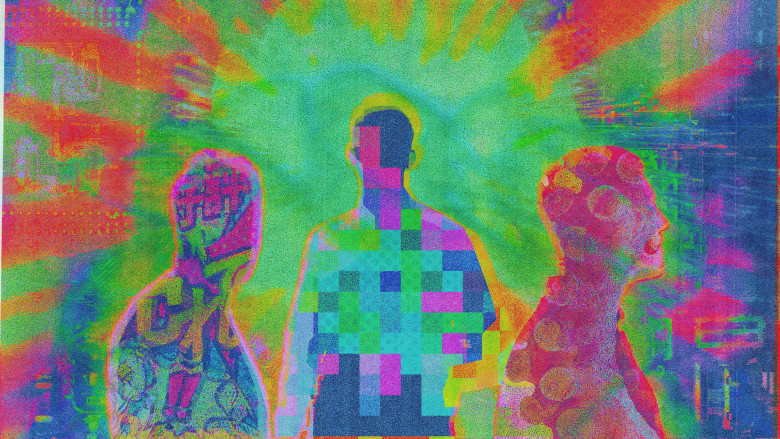The Mirai Confessions: Three Young Hackers Who Built a Web-Killing Monster Finally Tell Their Story

Early in the morning on October 21, 2016, Scott Shapiro got out of bed, opened his Dell laptop to read the day’s news, and found that the internet was broken. Not his internet, though at first it struck Shapiro that way as he checked and double-checked his computer’s Wi-Fi connection and his router. The internet.
The New York Times website was offline, as was Twitter. So too were the websites of The Guardian, The Wall Street Journal, CNN, the BBC, and Fox News. (And WIRED.) When Twitter intermittently sputtered back online, users cataloged an alarming, untold number of other digital services that were also victims of the outage. Amazon, Spotify, Reddit, PayPal, Airbnb, Slack, SoundCloud, HBO, and Netflix were all, to varying degrees, crippled for most of the East Coast of the United States and other patches of the country.
Shapiro, a very online professor at Yale Law School who was teaching a new class on cyber conflict that year, found the blackout deeply disorienting and isolating. A presidential election unlike any other in US history loomed in just under three weeks. “October surprises” seemed to be piling up: Earlier that month, US intelligence agencies had jointly announced that hacker breaches of the Democratic National Committee and Hillary Clinton’s presidential campaign had in fact been carried out by the Russian government. Meanwhile, Julian Assange’s WikiLeaks had been publishing the leaked emails from those hacks, pounding out a drumbeat of scandalous headlines. Spooked cybersecurity analysts feared that a more climactic cyberattack might strike on Election Day itself, throwing the country into chaos.









































































